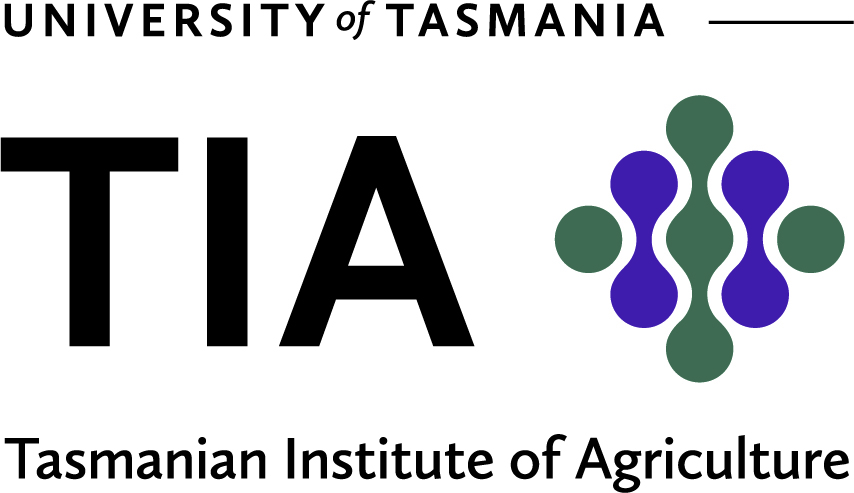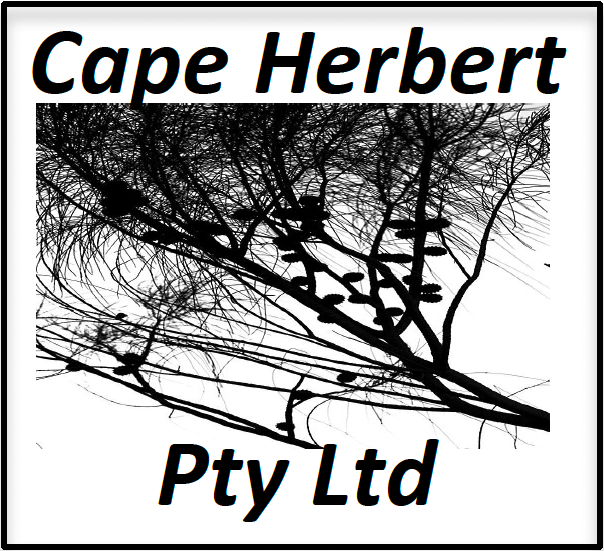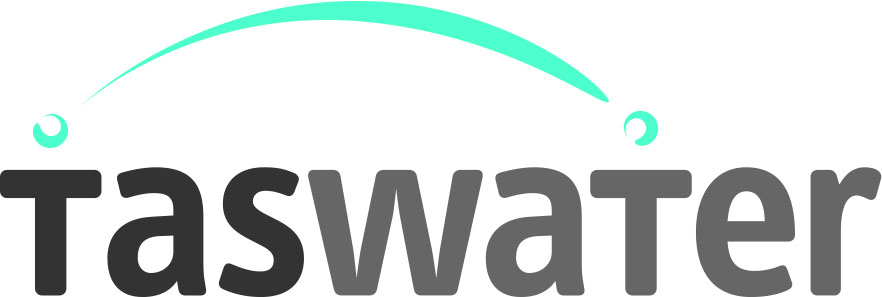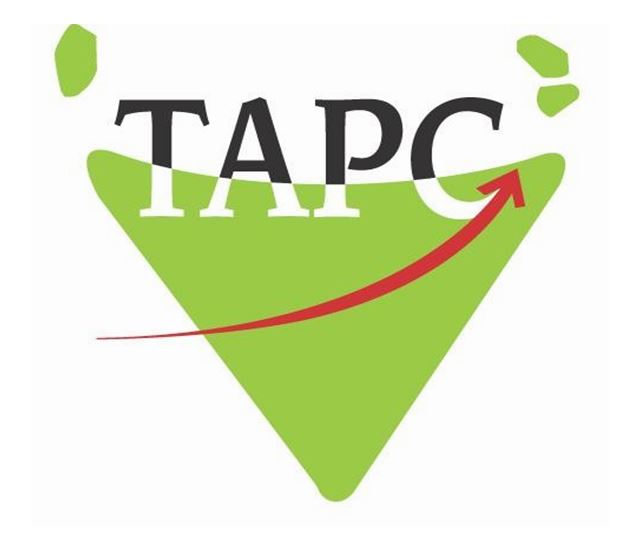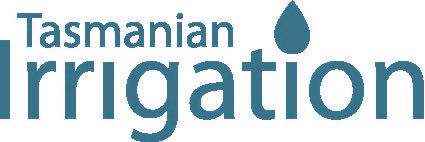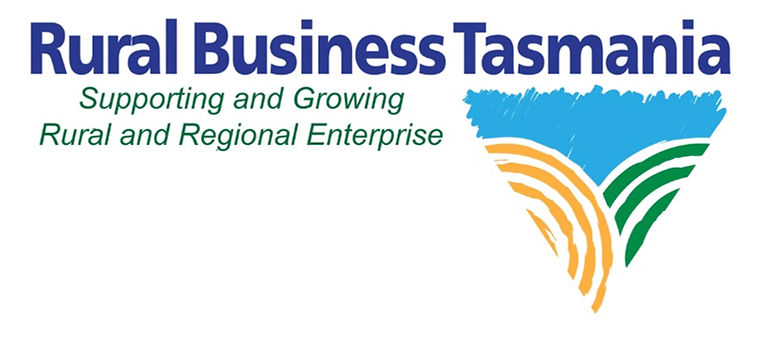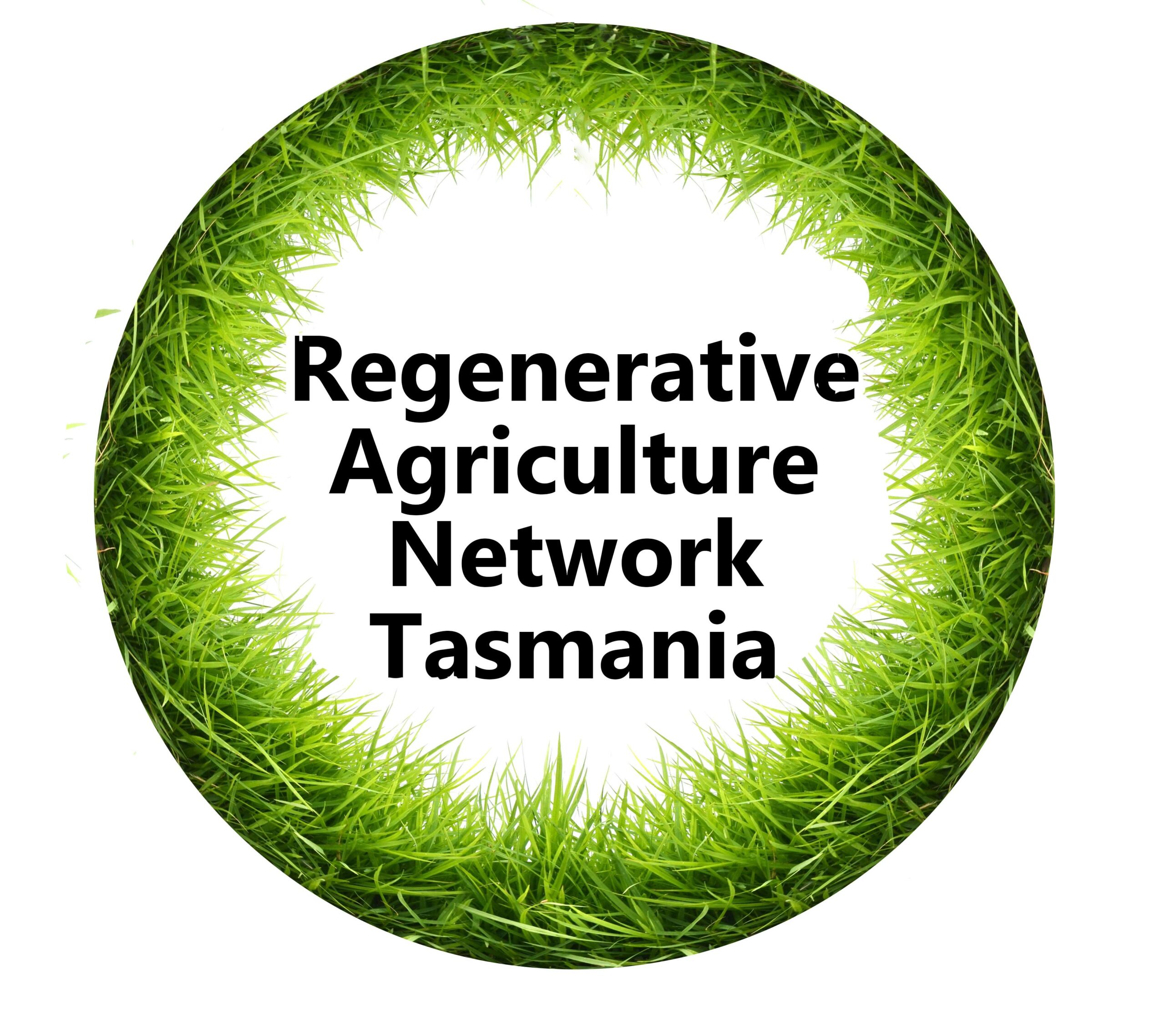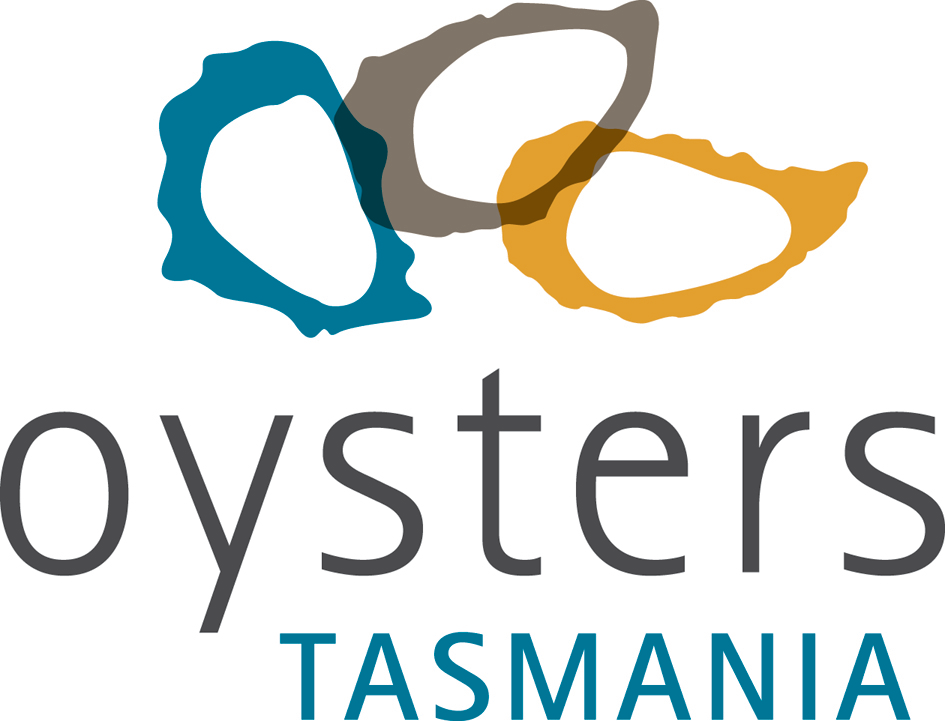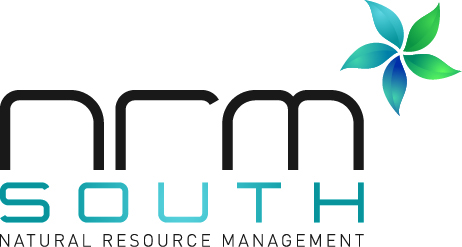Search for a resource
Tasmania’s peak farming body TasFarmers will receive $171,000 through a joint funding initiative to support drought affected communities on King Island and across Tasmania.
The Tasmanian Government, through the Department of Natural Resources and Environment Tasmania, is partnering with the TAS Farm Innovation Hub, an Australian Government Future Drought Fund initiative, to provide the funding that will support the rural community during these unseasonably dry conditions.
The hub will initially provide $26,000 with the Tasmania Government providing the balance of the funds. This will allow TasFarmers to provide community drought support, including the employment of a new King Island Community Drought Coordinator and an online Tasmanian Fodder Hub.
The on-island coordinator will assist farmers to prepare for, respond and recover from drought by connecting them to supply chain and logistics participants, collating relevant farm-level information, linking farmers to tools, information, programs, resources and other support networks, as well as raise issues on their behalf.
The online Tasmanian Fodder Hub will provide a central register to help access fodder on farms for farmers on King Island, Flinders Island and mainland Tasmania.
The commitment follows the King Island Livestock Supply Chain Round Table held on Friday 15 March 2024.
The meeting acknowledged the significance of the current situation on King Island and the impacts being felt by farmers and the local community. The roundtable also heard the concerns about the consequences of the situation deteriorating in coming months.
Two workshops are being held in northern Tasmania next week to assist farmers assess options for feeding cattle in dry times.
The events at Westwood on Monday and Flinders Island on Tuesday are being delivered by NRM South, NRM North and Derwent Catchment Project, in partnership with NRE Tas and the TAS Farm Innovation Hub, through funding from the Australian Government’s Future Drought Fund.
TAS Farm Innovation Hub Knowledge Broker, Sophie Folder, said the two workshops were part of a series of events being held throughout Tasmania to support farmers manage the unseasonal dry conditions.
“Parts of Tasmania are feeling the impact of the dry weather and many livestock producers are having to take urgent measures to manage their businesses,” Mrs Folder said.
“These workshops will build understanding of livestock nutrition and supplementary feeding options, decision making strategies for managing dry times and tools available including Farming Forecaster.”
Sam Bye from the Derwent Catchment Project said farmers would hear from a number of informative guest speakers.
“Nikki Henderson, a livestock nutritionist and farmer from Tamworth in NSW, will discuss nutritional considerations including grain free options, maintenance feeding and the longer-term implications for farmers,” Mr Bye said.
“Pinion Advisory will take farmers through the decision-making process and business implications of supplementary feeding in dry times.”
The first event will be held at Westwood on Monday, 25 March followed by at event on Flinders Island on Tuesday, 26 March. To RSVP, please contact Sam Bye or sam.bye@derwentcatchment.org and Peter Heading pheading@nrmnorth.org.au
The TAS Farm Innovation Hub is supporting Tasmanian farmers to overcome water-related challenges through a new state-wide program.
The hub has today released a Request for Quote for a delivery partner to administer a program to support on-farm drought and climate resilience.
Director, Sandra Knowles, said the important milestone was the result of an extensive consultation process with key stakeholders.
“We’ve been meeting with stakeholders with intricate knowledge of Tasmanian water issues including state water managers and regulators, natural resource managers, and farmer representative bodies, seeking input into the design of this extension program,” Ms Knowles said.
“From this process, we’ve determined the program should focus on building confidence and capacity in on-farm water use and management, including soil and landscape health, and be focused on adoption of best-practice.
“It also needs to be flexible enough for farmers to provide feedback and have opportunities for them to come together to learn from each other.”
The CEO of TasFarmers, Nathan Calman, said the program would help address key challenges facing farmers throughout Tasmania.
“This is a practical approach to supporting farmers with their water-related challenges and it’s great to see a focus on adoption of best practice methods relating to irrigation, water and soil management,” Mr Calman said.
“TasFarmers is pleased to see work towards a better understanding of some of these issues and ultimately giving farmers the confidence to make changes on-farm to strengthen resilience.”
Up to $1.0M in grant funding is available for program delivery (conditions apply).
The RFQ must be submitted to the hub by 5PM on Tuesday 12 March 2024. Project activities are to take place between 23 April 2024 and 15 June 2025.
The hub will hold a briefing to answer any questions relating to the RFQ on Monday 26 February 2024. Further details are available via the University of Tasmania Tenderlink website www.tenderlink.com/UTAS/
This project is being delivered by the hub through funding from the Australian Government’s Future Drought Fund.
The TAS Farm Innovation Hub is one of eight hubs nationally funded through the Future Drought Fund. The hub is based at the Tasmanian Institute of Agriculture (TIA) at the University of Tasmania and delivered through an extensive network of industry and community partners.
Key agricultural bodies have joined together to run a series of events in drought prone areas of Tasmania aimed to strengthen community resilience.
The event series is being delivered through a partnership between the TAS Farm Innovation Hub, Tasmanian Women in Agriculture, Rural Alive & Well, Rural Business Tasmania and Rural Youth Tasmania, with funding from the Australian Government’s Future Drought Fund.
TAS Farm Innovation Hub Director, Sandra Knowles, said the events were a crucial element in supporting communities already feeling the impact of dry conditions.
“We know that parts of Tasmania are already suffering from drought and farmers are having to make difficult decisions to protect their businesses including reducing livestock numbers, downgrading crops and increasing supplementary feeding of their animals,” Ms Knowles said.
“This can take a huge toll on faming families and the broader community and we know that some parts of Tasmania need support now.
“The TAS Farm Innovation Hub has partnered with other agricultural groups with strong connections on the land to deliver important climate and drought information specific to the north east region.
“These events will also help build social connection, bring communities together and strengthen support networks to ensure a stronger and more resilient community during the difficult dry conditions.”
Rural Alive & Well (RAW) Engagement Manager, Lauren Harper, said strong and connected communities were essential to building individual’s mental fitness to navigate life’s challenges.
“Our rural industries are facing many challenges related to destocking, present drought conditions and the rising cost of living (and business) – in amongst just the everyday pressures that life and family presents,” Miss Harper said.
“RAW is looking forward to being part of a great community event with the TAS Farm Innovation Hub and our other industry partners, there’s sure to be something for everyone.”
The Chair of Tasmanian Women in Agriculture (TWiA), Deb Morice, said it was great to see a positive outcome from a new partnership between the key agricultural groups.
“These events grew from a number of conversations with the TAS Farm Innovation Hub over what we could do now to support farming families already doing it tough and prepare others for future dry conditions,” Mrs Morice said.
“Time is of the essence so it was fantastic to see everyone rally together to develop this event series which will really have an impact in those rural communities.
“Having lived in the north east for 15 years, I am excited to attend this first event and chat to as many families as possible throughout the evening.”
Rural Business Tasmania, CEO, Elizabeth Skirving, said representatives from the key agricultural groups would be on hand on the night.
"We look forward to hearing how we can assist the community as they prepare for future challenges."
Rural Youth Tasmania CEO, Karen Robinson, encouraged farming families in the north east to go along.
“A sense of connection and community makes an enormous difference in our lives, regardless of the situation, and Rural Youth Tasmania is looking forward to this event for this reason,” Ms Robinson said.
“We hope as many people as possible are able to come along, enjoy the evening and make new connections or build on those already in place. We are appreciative of the TAS Farm Innovation Hub and our other industry partners for organising this event.”
The first event will be held at the Winnaleah Football Club on Thursday, 29 February from 6pm and includes a free BBQ.
It will feature a presentation from Tom Remenyi, a climate scientist with more than 10 years’ experience in translating and communicating climate models and information. Tom’s presentation will include weather and climate information specific to Tasmania’s north east to assist farmers prepare and adapt for the future.
Marek Matuzsek from Ag Logic will also share insights from a project to create drought management tools for farm managers in the north east of Tasmania.
Bookings can be made through the TAS Farm Innovation Hub on fdf.tas.hub@utas.edu.au by Tuesday, 27 February.
Future events in other areas of Tasmania will be announced soon.
The TAS Farm Innovation Hub is one of eight hubs nationally funded through the Australian Government’s Future Drought Fund. The hub is based at the Tasmanian Institute of Agriculture (TIA) at the University of Tasmania and delivered through an extensive network of industry and community partners.
A cohort of global agrifood startups will pitch their ideas to a shark tank panel of farmers at a unique agricultural innovation event in northern Tasmania this week.
The TAS Farm Innovation Hub is partnering with Startupbootcamp Foodtech Tasmania for the Innovate Ag Tas Meetup on Wednesday, 1 November at the Longford RSL.
The TAS hub’s Innovation Knowledge Broker, Sophie Folder, said the event would interest farmers, technology enthusiasts or those just curious about ag innovation.
“This is great opportunity to bring farmers, service providers and industry together with leading global innovators to network, share ideas, knowledge and feedback on what it takes for technology and innovation to be successful,” Mrs Folder said.
“It will be interesting to see the five global agrifood startups pitching their ideas to a farmer shark tank and to hear the frank and honest feedback the farmers provide to this group of innovators.”
The agrifood startups are currently in Tasmania participating in the Foodtech Tasmania Accelerator program where they learn to refine their business models, pitches and strategies to accelerate their growth.
Tom Woolley from Startupbootcamp Foodtech Tasmania said the Longford event would cover some interesting topics.
“You'll hear pitches from up-and-coming founders about brand-new cutting-edge concepts that will innovate and are improving the agriculture and food space including below soil real time fertiliser measurements, green leaf waste conversion to food ingredients, animal microbiota gut health, agriwaste ethanol recovery and agrifood supply chain integrity,” Mr Woolley said.
“The startup businesses are focused on the customer problem meaning they are listening and learning from their customer base about their problems and pains. Engaging with the Longford community is an opportunity to learn about the innovation at the same time as discussing how the solutions may work within a Tasmanian environment.”
The event at the Longford RSL runs from 4pm – 7pm and includes food and light refreshments. Registrations are required at this link.
Attendees will also hear about evokeAG, Australia’s premier agrifood tech event being held on 21-22 February 2024, and can get a copy of the Tasmanian Agricultural Technology Guide. The guide showcases 100 technologies across four key industries in Tasmania and was recently developed by the TAS Farm Innovation Hub and Beanstalk Agtech with funding from AgriFutures Australia.
The TAS Farm Innovation Hub is one of eight hubs nationally funded through the Australian Government’s Future Drought Fund. The hub is based at the Tasmanian Institute of Agriculture (TIA) at the University of Tasmania and delivered through an extensive network of industry and community partners.
Media contact: Melissa Lewarn, melissa.lewarn@utas.edu.au or 0427 354 058.
Information released by:
Communications Office University of Tasmania
+61 3 6226 2124 | Communications.Office@utas.edu.au | Twitter.com/utas_
More than 280 global thought leaders, industry titans and visionaries will visit Launceston this week for the Australasia-Pacific Extension Network (APEN) conference.
This premier two-day event starting tomorrow will showcase almost 100 presentations and interactive sessions highlighting innovations in extension across rural and community advisory practitioners, researchers, policymakers, academics and others involved in extension and education.
The Chair of APEN, Dr Anthony Kachenko, said the conference would explore the theme 'Looking to the future: the role of extension and education'.
"We are thrilled to host the International Conference in Launceston, a city known for its rich history and vibrant community,” Dr Kachenko said.
“The theme of this year's conference reflects our commitment to exploring the transformative role of extension and education in shaping a sustainable and impactful future.”
Key speakers include Tim Jarvis AM, an environmental scientist, author, and recent South Australian of the Year 2024 and Stephanie Trethewey, national winner of the AgriFutures Rural Women's Award in 2022 and recent Tasmanian of the Year 2024. Both will share their insights and foresight on the future of industries, communities and regional Australia.
The event will also feature Tasmanian Richard Warner, who will be joined by Rosie Martin and Allison Clark on a panel discussion exploring the literacy challenges faced in primary industries. A grower panel will wrap up the conference featuring fifth-generation 2022 Tasmanian Young Farmer of the Year Caitlin Radford.
The TAS Farm Innovation Hub Director, Sandra Knowles, said the hub was proud to be a platinum sponsor of this important event.
“It’s a real coup for Tasmania to host the APEN International conference and it represents a unique opportunity for professionals to connect, learn, and envision the future of extension and education on a global scale,” Ms Knowles said.
“We are excited to facilitate discussions that will drive meaningful change in our communities and industries and are particularly interested in those discussions around our remit of drought resilience.”
The conference will be held at the Tailrace Centre at Riverside from tomorrow until Thursday. The media are welcome to attend.
For more information, including registration details and the full conference program, visit https://www.apen.org.au/events/conference
APEN is a leading professional organisation dedicated to advancing extension and outreach practices across the Australasia-Pacific region. With a mission to foster collaboration, knowledge sharing, and professional development, APEN plays a crucial role in shaping the future of extension and education.
The TAS Farm Innovation Hub is one of eight hubs nationally funded through the Australian Government’s Future Drought Fund. The hub is based at the Tasmanian Institute of Agriculture (TIA) at the University of Tasmania and delivered through an extensive network of industry and community partners.
Key Tasmanian agriculture stakeholders will meet in Launceston this week to collaborate and showcase work underway to strengthen climate resilience in our communities.
Around 50 stakeholders are expected to attend the TAS Farm Innovation Hub Partner Forum at Peppers Silo in Launceston tomorrow.
Hub Director Sandra Knowles said the forum was an opportunity to showcase the achievements of hub partners to support drought resilience throughout Tasmania.
“The event is a great way for our partners to come together and hear about the diverse activities underway around Tasmania supported by the hub and connect with like-minded people in the agricultural sector,” Ms Knowles said.
“The hub prides itself on effective collaboration so this is a key event to enable those conversations to flow and for our partners to share valuable lessons and insights for the future.”
The forum will showcase projects which offer practical actions to support drought resilience on-farm including agricultural innovation, natural capital and on-farm tactics supporting healthy soils.
There will also be discussions on building industry resilience including presentations on agritourism, community engagement and learning and the successful ENABLE Leadership Program for the ag industry.
“A key aim of the TAS Farm Innovation Hub is to help farmers access critical information and drive innovation in their business to ensure financial, social and environmental resilience to drought and climate variability,” Ms Knowles said.
“We know there is a lot of useful information out there to assist our farmers plan for the future and our role is to allow easy access to this knowledge through strengthening relationships in Tasmania’s agriculture sector.”
The TAS hub has 22 projects around Tasmania in collaboration with more than 30 partner organisations. Projects include integrating trees into farm plans to improve resilience to drought; investigating soil health sensing technologies; and supporting drought and climate resilience in Aboriginal farm enterprises.
The hub has delivered a number of key activities recently including regional workshops looking at feed availability and budgeting to assess risk and inform stocking rates and presentations on localised weather forecasting to help farmers plan for climate variability.
The hub also recently released the Tasmanian Agriculture Technology Guide in partnership with Beanstalk AgTech. The guide showcases 100 technologies across four key agricultural industries in Tasmania and was developed with funding from AgriFutures Australia.
The TAS Farm Innovation Hub is one of eight hubs nationally funded through the Australian Government’s Future Drought Fund. The hub is based at the Tasmanian Institute of Agriculture (TIA) at the University of Tasmania.
Media contact: Melissa Lewarn, melissa.lewarn@utas.edu.au or 0427 354 058.
Information released by:
Communications Office University of Tasmania
+61 3 6226 2124 | Communications.Office@utas.edu.au | Twitter.com/utas_
A new report showcasing 100 technologies across four key agricultural industries in Tasmania is now available to producers.
The Tasmanian Agriculture Technology Guide has been developed by the TAS Farm Innovation Hub and Beanstalk AgTech with funding from AgriFutures Australia.
The project explored the existing and emerging tech solutions to key challenges facing Tasmanian farmers in the livestock, dairy, fruit and vegetable industries.
Linley Houwen from Beanstalk AgTech said the report was a culmination of extensive research and many conversations with producers across Tasmania.
“We wanted to gain a good understanding of some of the biggest challenges facing producers across Tasmania and the role technology could plan in addressing these,” Ms Houwen said.
“We had conversations with more than 30 producers and tech providers across four industries including livestock, dairy, vegetables and fruit, reviewed 11 challenges and assessed more than 200 ag tech companies for solutions to those challenges.
“We now have an accessible resource that empowers farmers to explore the world of agricultural technology, with an overview of some key features, benefits and considerations associated with each technology to help in the decision-making process.
“While the report doesn’t cover all the available solutions on the market, it does provide a good starting point for producers keen to explore the role technology can play in their businesses.”
The report considers industry-wide challenges including data access issues, time spent managing irrigation and the need for more connectivity across farms.
In the vegetable industry, the key challenges identified were reducing input usage to improve margins and optimising drainage, while in the dairy industry, the focus was managing the cost of cow feed and increasing labour efficiency.
In livestock, producers identified challenges associated with using animal data to drive better decisions and supporting intensive grazing methods. In the fruit industry, improving harvest record keeping and manging risks in the growing environment were front and centre.
The report investigated technology solutions for those challenges, including a deep dive into the opportunities and case studies outlining grower experience in the adaption and adoption of ag tech solutions.
TAS Farm Innovation Hub Director Sandra Knowles said the report would be a useful resource for Tasmania’s agricultural sector.
“The Tasmanian Government has set an ambitious strategy to reach $10b in farm gate value by 2050. To reach this goal, Tasmanian production will need to grow at more than double the rate experienced over the past 20 years,” Ms Knowles said.
“Innovation and research are key levers in achieving this goal and providing the productivity gains needed for a sustainable and future-proofed Tasmanian agricultural industry.
“Over the years, Tasmanian farmers have exhibited remarkable resilience and adaptability, overcoming challenges and consistently producing high-quality agricultural products that are valued both locally and internationally.
“The last few years in particular have seen challenges from rising input costs, labour shortages and changes in climate putting increasing pressure on farmers.
“The great thing about this report is that it focuses on the real challenges facing our sector now and gives producers information they need to decide whether some of the ag tech solutions explored in the report would help their business.
“It’s also useful to hear directly from those Tasmanian producers who have already gone down the ag tech path and what has worked for them.”
Those wanting a copy of the report can access it here or contact the TAS Farm Innovation Hub on fdf.tas.hub@utas.edu.au.
The TAS Farm Innovation Hub is one of eight hubs nationally funded through the Australian Government’s Future Drought Fund. The hub is based at the Tasmanian Institute of Agriculture (TIA) at the University of Tasmania and delivered through an extensive network of industry and community partners.
Two events are being held in Tasmania’s north west next month to help local producers build their farm’s resilience in times of increasing climate uncertainty.
The “Across the Paddock” events are being delivered by Cradle Coast NRM with support from the TAS Farm Innovation Hub through funding from the Australian Government’s Future Drought Fund.
Project Coordinator Ben Correy (pictured below, left, with Jake Pearce from Simplot) said the events would focus on cover crops as a measure to build healthy, productive and climate-resilient soils.
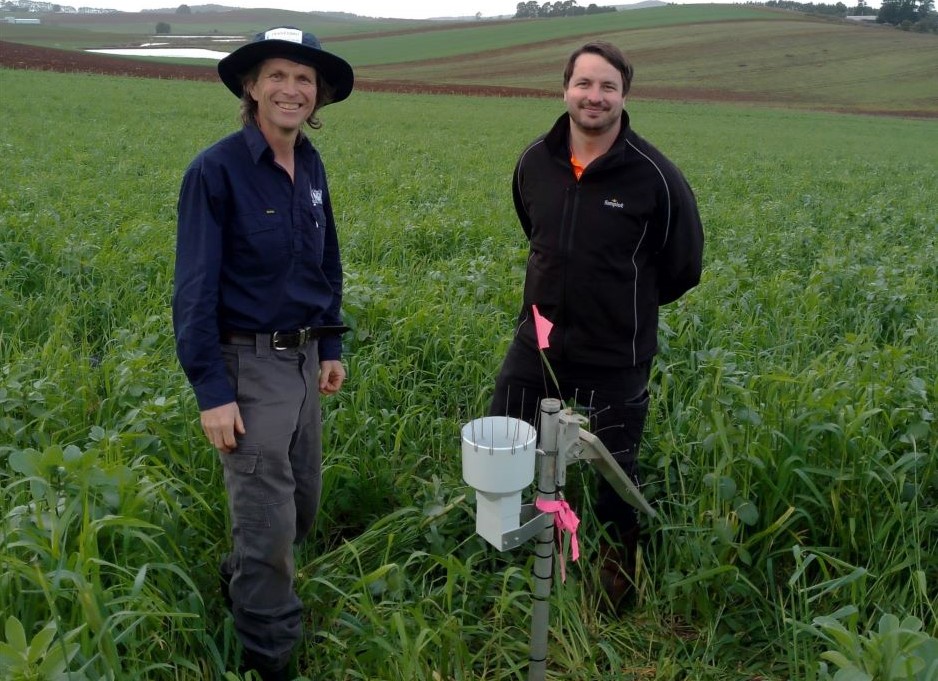
“One very cost effective and environmentally sustainable strategy for vegetable producers is to plant cover crops in rotation between cash crops,” Mr Correy said.
“As their name suggests, cover crops are planted to cover the soil and help to protect it from damaging impacts like heavy rainfall and strong winds that can lead to topsoil loss and erosion.
“Another obvious benefit is their ability to shade and protect the soil during periods of prolonged dryness. This increases the soil’s water holding capacity, helping to retain water within the soil profile longer.”
Cover crops are established before planting the next cash crop and their presence ensures that the soil is not subjected to periods of bare fallow (a diverse mix of species works well – see photo, below).
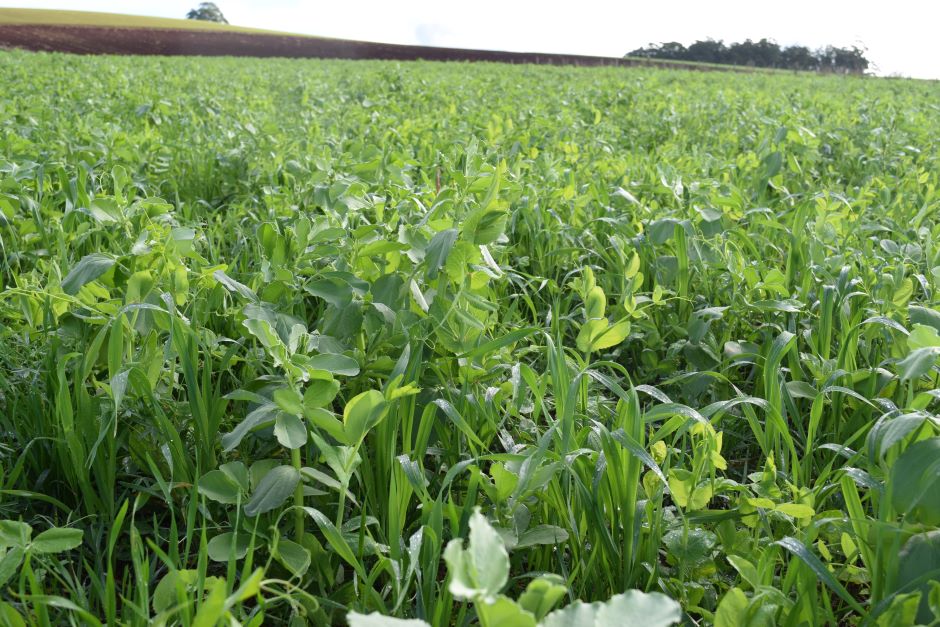
They are sometimes called “green manures” because they also increase organic matter, recycle nutrients back into the soil, reduce weeds and build soil structure. By including legumes (nitrogen fixers) in the mix, they also increase nitrogen availability for subsequent crops, helping to improve soil fertility and enhance productivity (a legume with nitrogen fixing nodules is shown in the main image, top).
TAS Farm Innovation Hub Director Sandra Knowles said cover crops were one tool in the resilience toolbox and were increasing in popularity across Tasmania.
“It is great to see the hub and Cradle Coast NRM partner with Simplot and support five in-field demonstrations with a group of potato growers across the north west coast,” Ms Knowles said.
“Each farm has used a slightly different way of establishing their cover crops so it will be interesting to hear more about the lessons learned at the upcoming “Across the Paddock” events.”
Attendees will also hear from farm managers about their practical experiences with a mix of cover crop species and a number of guest speakers who have studied the benefits of cover crops.
The first event will be held at Redbank Farm at Sisters Creek on Tuesday 15 August. The second will be held at Kindred on Thursday 17 August, both start at 11.00am. There is no charge to attend, and a light lunch will be included. Please register by contacting Ben Correy on bcorrey@cradlecoast.com or 0474 325 192.
The TAS Farm Innovation Hub is one of eight hubs nationally funded through the Australian Government’s Future Drought Fund. The hub is based at the Tasmanian Institute of Agriculture (TIA) at the University of Tasmania and delivered through an extensive network of industry and community partners.
Media contact: Melissa Lewarn, melissa.lewarn@utas.edu.au or 0427 354 058.
Information released by:
Communications Office University of Tasmania
+61 3 6226 2124 | Communications.Office@utas.edu.au | Twitter.com/utas_
